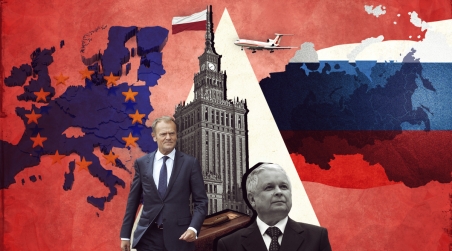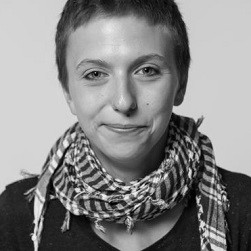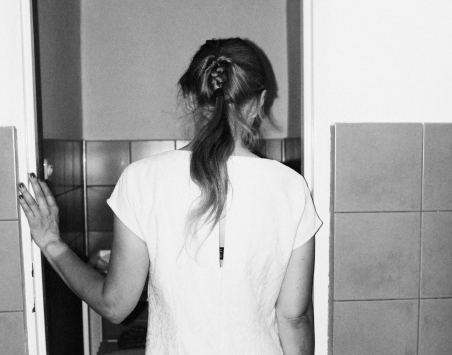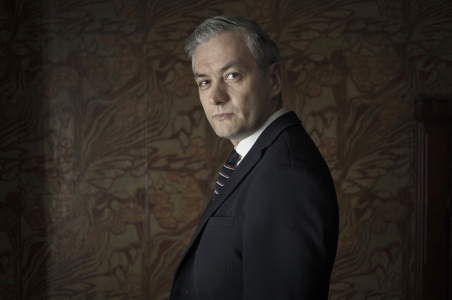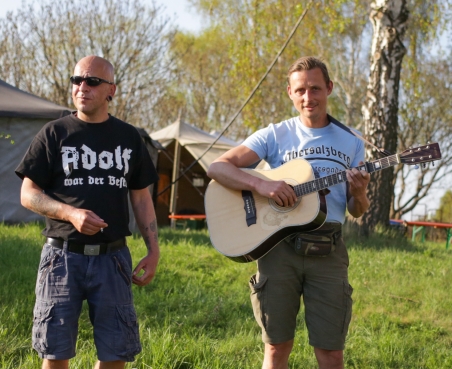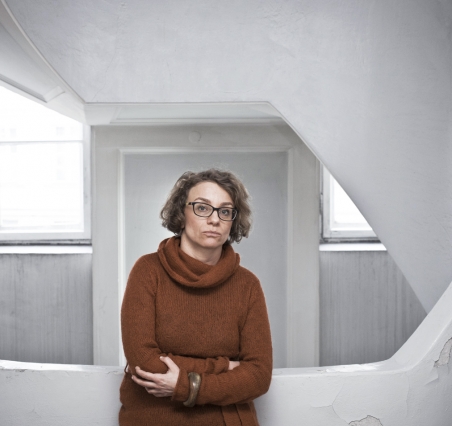Kaja Puto (b. 1990) - journalist, editor, publisher, refugee activist. Her main area of interests includes Eastern Europe, Southern Caucasus, migration and European issues. She has contributed to many magazines and newspapers, including "Krytyka Polityczna", "Gazeta Wyborcza", "Polityka", "New Eastern Europe", "Political Critique", "Deutsche Welle". Co-author in an anthology of reportages "Mur. 12 kawałków o Berlinie" [The wall. 12 pieces about Berlin] and "Obrażenia. Pobici z Polską" [No offence. Injured by Poland]. She studied philosophy, political studies and culture studies in Kraków, Berlin and Tbilisi. In "Korporacja Ha!art" publishing house she works as a vice-president of the board and an editor-in-chief of "Czyli nigdzie" [That is to say, nowhere] book series.
